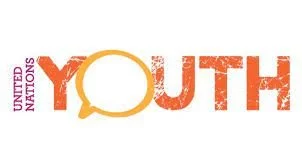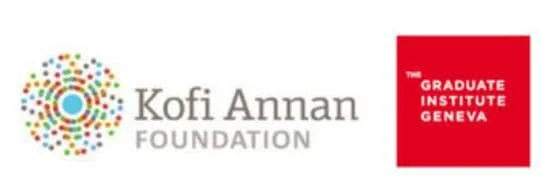They can be a creative force, a dynamic source of innovations, and they have undoubtedly, throughout history, participated, contributed, and even catalyzed important changes in political systems, power-sharing dynamics, and economic opportunities. However, youth also face poverty, barriers to education, multiple forms of discrimination, and limited employment prospects and opportunities.
EU Action Plan On Human Rights And Democracy 2020 – 2024
The EU Action Plan On Human Rights And Democracy 2020–2024 is a framework, one of purpose and direction, with a broad range of policies, tools, and political and financial instruments. This EU Action Plan on Human Rights and Democracy 2020-2024 is the third Action Plan on Human Rights and Democracy adopted by the EU. As with the previous two Action Plans, the objective is to enhance and hone EU efforts to promote human rights and democracy worldwide.
The State Of Institutional Philanthropy In East Africa - 2021
The East Africa Philanthropy Network (EAPN) seeks to enhance the knowledge base and promote best practices for organized philanthropy. This will be realized by investing in research and innovation, documentation, and dissemination, and offering capacity strengthening support to EAPN members and other philanthropy actors. EAPN recognizes the need for relevant data as a basis of effective monitoring, reporting, and coordinating philanthropy efforts in the ever-changing landscape of institutionalized philanthropy in East Africa.
Impact Of Social Media On Youth Political Participation In Electoral Processes: A Comparative Study Of Nigeria And Kenya
Social media has been used by marginalized voices to raise issues of concern within the society, mobilize youth groups, and hold political leaders accountable for their campaign promises. The Youth Cafe has been part of an online event, Democracy In East Africa In The Wake Of The Coronavirus Pandemic: Challenges And Opportunities. Our main focus was on: The next generation and Youth inclusion in politics. Governments and policymakers in East Africa are reluctant to include youth in the formal political systems. What future do the youths want and how can they increase their participation in politics?





